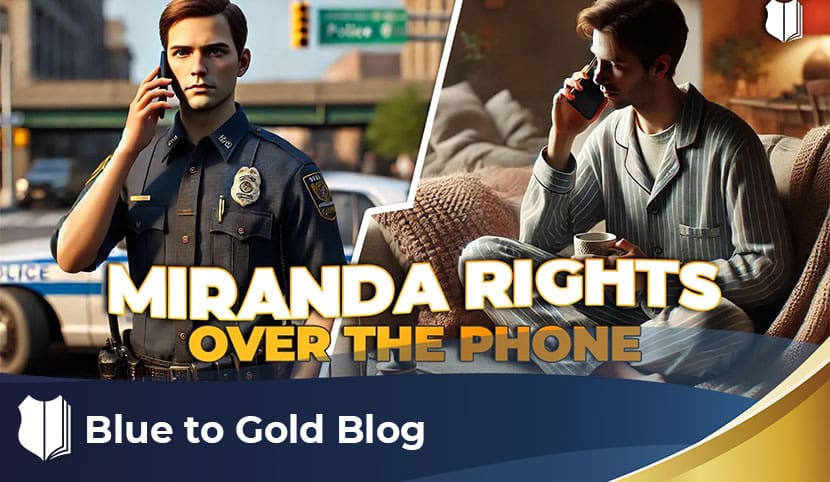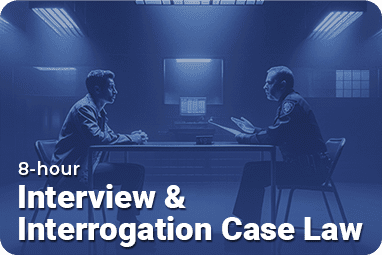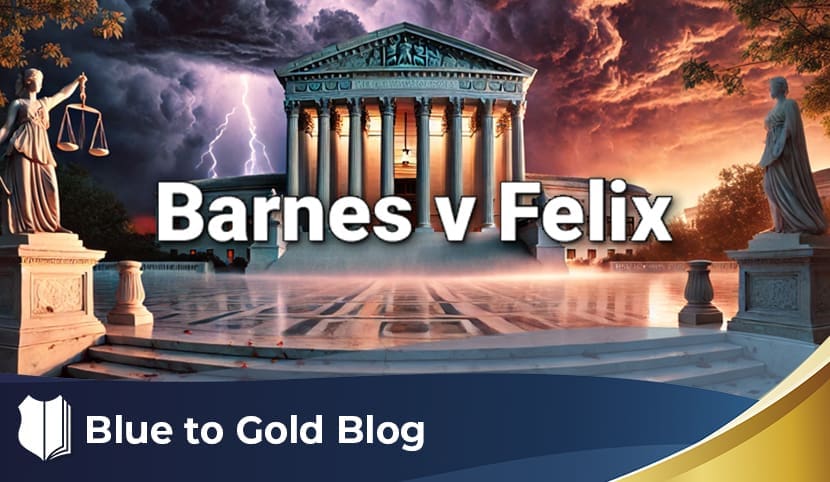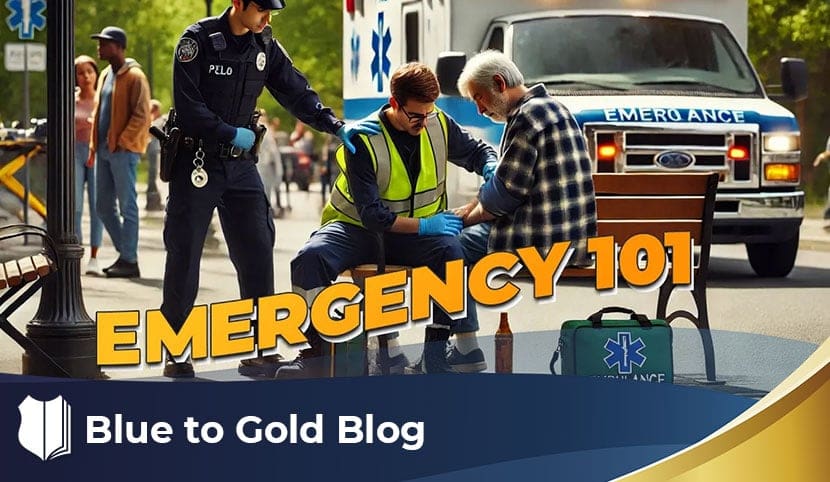So, you want to talk to a suspect about a crime, but you want to do it over the phone. Do you have to read them Miranda? Are there any Miranda issues applicable in this scenario?
This question comes from a lieutenant with the Department of Veterans Affairs.
The lieutenant asks:
- What are the best practices for conducting telephone interviews with suspects?
- Are there any Miranda implications when calling a suspect to inquire about a suspected crime?
The Short Answer
No, Miranda is not required unless the suspect is in custody, such as being locked up in jail, and you’re calling them there. That’s the only situation where Miranda would be implicated in a phone call.
When Is Miranda Required?
Let’s break this down into the three requirements for Miranda to apply:
- Custody
The suspect must be in custody, meaning formal arrest-like custody. This can include a formal arrest or a situation where the custody level is equivalent to a formal arrest. This requirement excludes scenarios like traffic stops, DUI investigations, and investigative detentions because those do not rise to the level of custody for Miranda purposes. - Incriminating Questions
The officer must ask questions designed to elicit incriminating responses. In your example, this box is checked because the officer is inquiring about the alleged crime. - Known Police Officer (The Perkins Rule)
The suspect must know they are speaking with a government agent. This principle comes from Illinois v. Perkins, which states that Miranda does not apply if the suspect is unaware they are speaking with law enforcement.In this case, the officer has clearly identified themselves (e.g., “I’m with the VA, investigating what happened at the hospital while you were receiving care”), so this requirement is also met. However, all three requirements must be present for Miranda to apply. Because the suspect is not in custody, there is no Miranda issue.
Common Mistakes
I’ve seen officers read Miranda over the phone to suspects sitting at home in their pajamas. Honestly, it’s a little comical. Why do it? Clearly, the suspect is not detained. Even if you sternly say, “Don’t hang up on me,” they can simply hang up. A reasonable person knows they have the freedom to end the call, which means they’re not in custody. If you read Miranda in this situation, you’re only creating an opportunity for the suspect to clam up. Don’t do it. Instead, use the phone call to your advantage—try to get them to incriminate themselves.
The Court’s Opinion
There are no real cases about Miranda for suspects at home during phone calls. Why? Because it’s such an obvious non-issue. The cases that do exist involve suspects already in custody, such as in jail.
Best Practices for Telephone Interviews
- Don’t read Miranda for phone calls with suspects at home.
- Use the opportunity to elicit incriminating statements or confessions.
As the U.S. Supreme Court has said, confessions are good for society. It’s beneficial when people admit to their criminal actions.
Until next time, my friends, stay safe out there.










